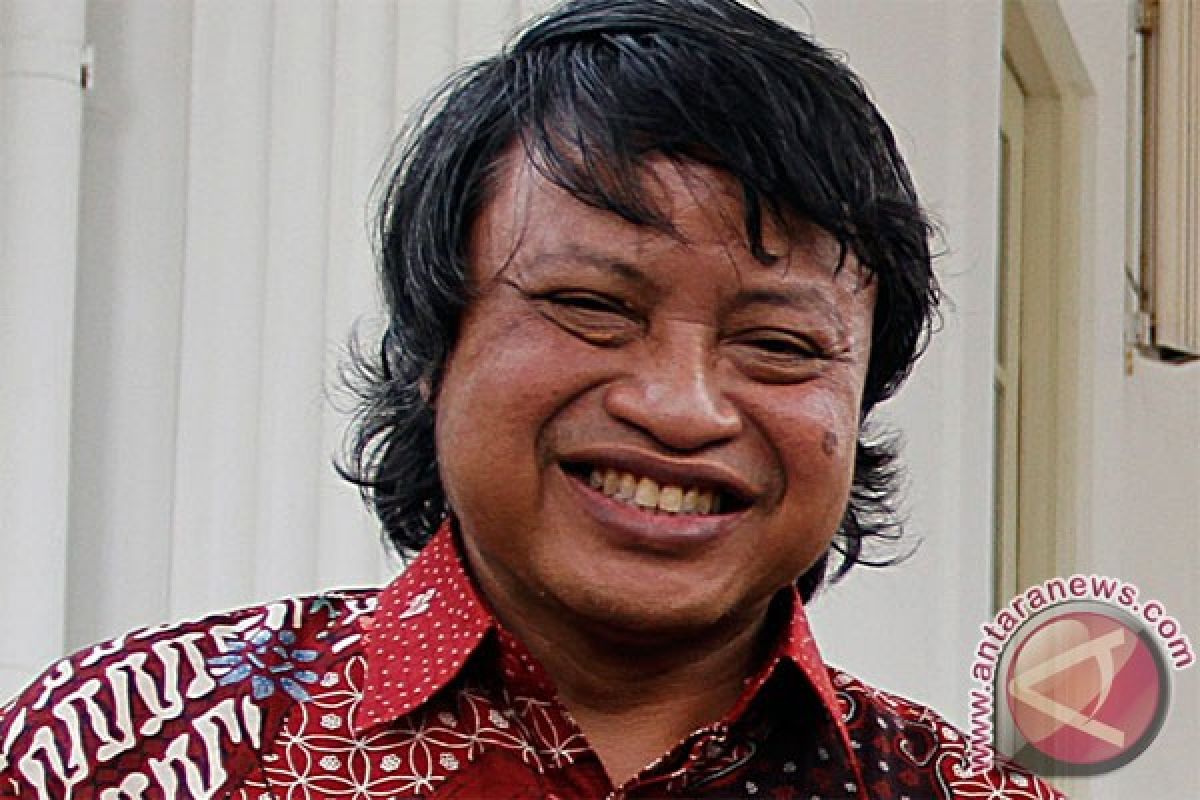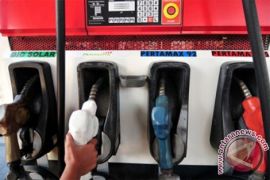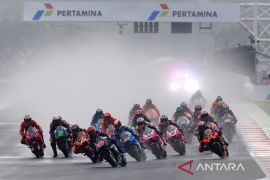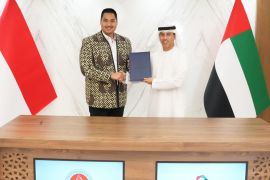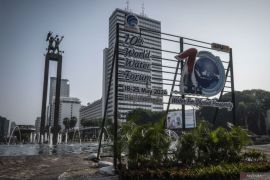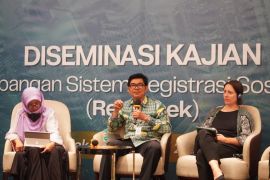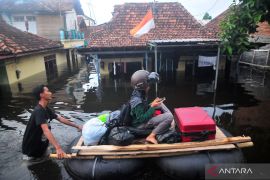"As a net oil importer and because its proven oil reserves are also less it is no longer wise for the country to follow the cheap oil policy of countries with abundant reserves," he said here on Tuesday.
He said the cheap oil policy so far had absorbed the government funds into oil subsidy, sustained dependency on oil fuels and also increased imports of crude and oil, making it difficult to develop other energy sources.
The government and the House of Representatives are scheduled to decide whether the price of subsidized gasoline will be raised as of April 1.
Meanwhile, demonstrations and rallies continue to take place in several parts of the country in protest of the government`s plan to raise the fuel oil prices.
Widjajono said in 2011 Indonesia produced 329 million barrels oil, exported 132 million barrels, imported 99 million barrels of crude and 182 million oil fuels while consuming 479 million barrels of oil fuels.
"Totally, Indonesia suffers a deficit of 150 million barrels," he said.
Meanwhile, the deputy minister said that Indonesia`s proven oil reserves have been recorded at only 3.7 billion barrels or 0.3 percent of the world`s proven reserves.
"Indonesia is not an oil rich country. We have other larger energy sources such as coal, natural gas, coal bed methane, natural gas shale, geothermal energy, hydro-energy and vegetable oil energy sources," he noted.
He said the cheap energy policy only fits in countries with abundant oil reserves such as Saudi Arabia, Iraq, Libya and Venezuela.
Widjajono said even in Iran, with its reserves reaching 138 billion barrels, the price of gasoline reaches US$0.67 per liter or higher than the price in Indonesia at present, which is only US$ 0.59 per liter while the country`s reserves are recorded at only 3.7 billion barrels.
"The price of gasoline in Iran is expensive because they prioritize gas for use in transportation, household and electricity," he said.
Iran has the world`s second largest gas reserves, 982 trillion cubic feet, after Russia while Indonesia only has 112 TCF, he added.
Widjajono said Latin American countries such as Brazil, Argentina and Chile do not subsidize their gasoline prices and therefore, their national industries such as cars, aircrafts, weapons and agriculture have developed.
"India, Pakistan, China and Vietnam also do not subsidize their gasoline price but they generally subsidize their public transportation services and their national industries are advancing quickly," he noted.
Widjajono also noted that China uses natural gas and electricity for its public transport services, while its motorbikes are powered by electricity.
(SYS/KR-BSR/F001)
Editor: Suryanto
Copyright © ANTARA 2012
